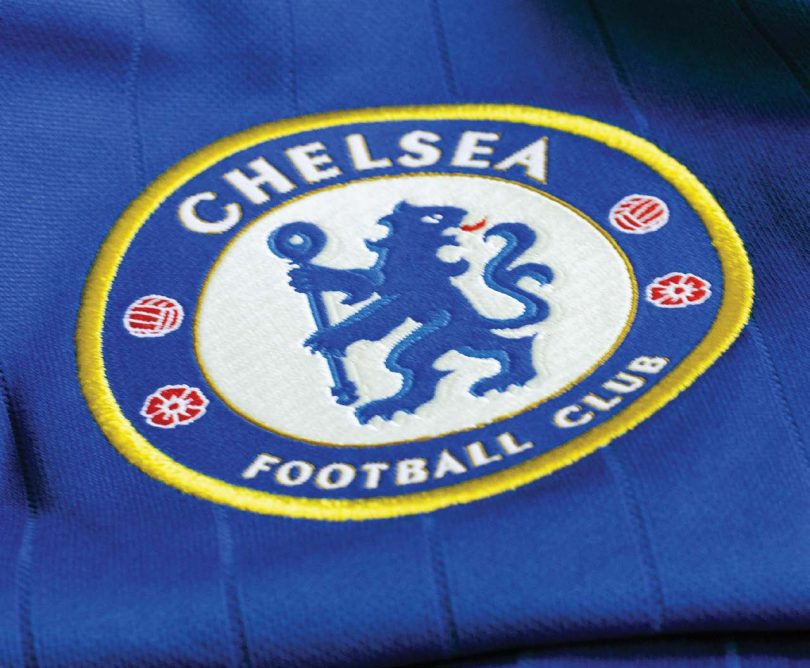Antonio Conte predicted this season would be “the most difficult season in my career” before a ball was even kicked. Now, with Chelsea struggling on all frontiers and in real danger of missing next season’s Champions League, the Italian seems to have been on the money. So what has gone wrong at Stamford Bridge?
Antonio Conte found his hands very much tied in the transfer market last summer. It was a noose he hadn’t expected, particularly after the Blues had just claimed the Premier League title.
Ever since last summer’s title celebrations, the Italian has displayed a mix of fury and frustration, occasionally shared by a sense of sorrow on the sidelines. On multiple occasions Conte has publicly demanded more backing from the Chelsea board, but unfortunately he has no direct line to the club’s mysterious and ruthless owner, Roman Abramovich.
Many would see the dealings of Chelsea director and Abramovich’s long-term trustee, Marina Granovskaia, last summer as stunningly impressive. In what was an incredibly inflated and difficult transfer market all across Europe, Granovskaia recruited Alvaro Morata, Tiemoue Bakayoko, Danny Drinkwater, Antonio Rudiger and Davide Zappacosta for a combined fee of £1.83 billion. In the meantime, Diego Costa, Nemanja Matic, Nathan Ake, Juan Cuadrado, Asmir Begovic and Bertrand Traore were sold for a fee of £1.57 billion. It was an infusion of new blood for a mere £26 million net investment.
The problem was that Conte didn’t really get what he wanted. The Italian was tracking Romelu Lukaku, Leonardo Bonucci, Alex Sandro and Alexis Sánchez. In all cases the players either rejected Chelsea’s offer in favor of other clubs or the Blues were simply never in the transfer conversation.
Given both Lukaku and Alex Oxlade-Chamberlain rejected heading to the Bridge in favor of Manchester United and Liverpool respectively, clearly something went wrong at Chelsea.
As a club, Chelsea reached its peak in 2012 when it finally conquered the Champions League, the last frontier for Abramovich. They also won the race to sign the most sought-after talent in Europe that summer, fighting off their big-name rivals to lure Eden Hazard to London. Hazard famously teased fans on Twitter by claiming “I’m signing for the Champion’s League winner.”
His £32 million transfer fee and wages of £17,000 per week were nowhere near the recent sums splashed by PSG for Neymar or Barcelona for Philippe Coutinho but at the time it clearly stated Hazard’s standing as a marquee signing.
Yet if 2012 was the summit of the “Roman Empire”, the next six years have seen Chelsea’s climb slowed as the landscape of English football has quickly changed. With European Financial Fair Play rules coming into effect, Abramovich’s billions no longer go as far as they used to. According to the financial reports, Chelsea’s wage bill is now £40 million less that both Manchester United and Manchester City and their net spend on players since 2015 averages £21 million per year compared to £65 million in the period when they were signing the likes of Hazard. Incredibly, the three years immediately after Abramovich bought Chelsea in 2003 saw a net spend of £95 million!
In 2011, Chelsea broke the British record to sign Fernando Torres for £50 million. However, there is only one Blues player ranked in the top 10 most expensive players in English football today. Morata’s £58 million fee places him number one at Stamford Bridge but is still well below Lukaku’s £75 million in the same window, let alone Neymar and Kylian Mbappé at PSG. When a club is not in the conversation for the best players available, their success on the pitch relies more on a phenomenal academy system or a miracle performance.
Conte has already described his Premier League win in 2016/17 as a “small miracle.”
It is believed that Conte won’t last beyond this summer at Stamford Bridge, if he even makes it that far. Luis Enrique, the former Barcelona manager, has been talked up as a possible replacement. But whoever comes after Conte will inevitably find himself in a similar situation to the Italian. It is simply a change in club philosophy and financial realities that have redefined Chelsea’s status among the game’s elite.







